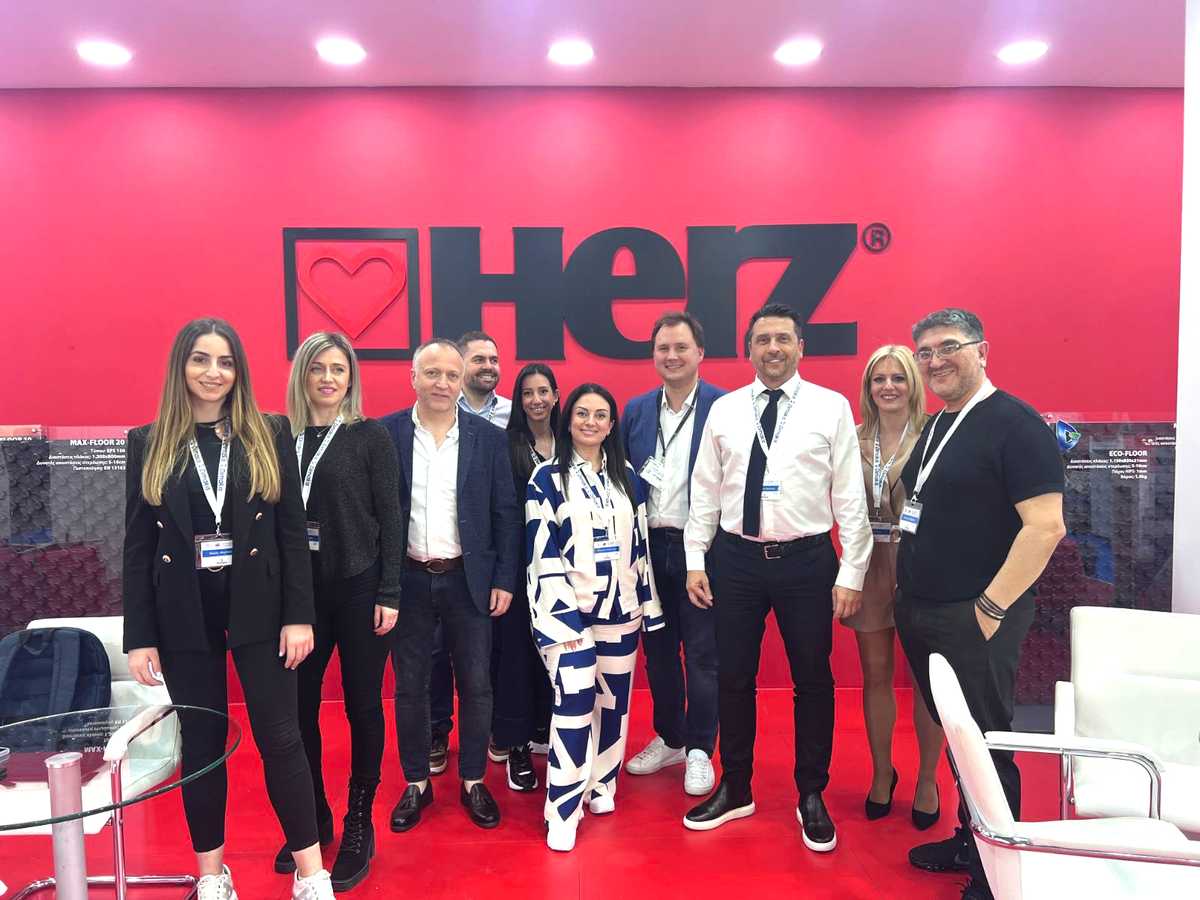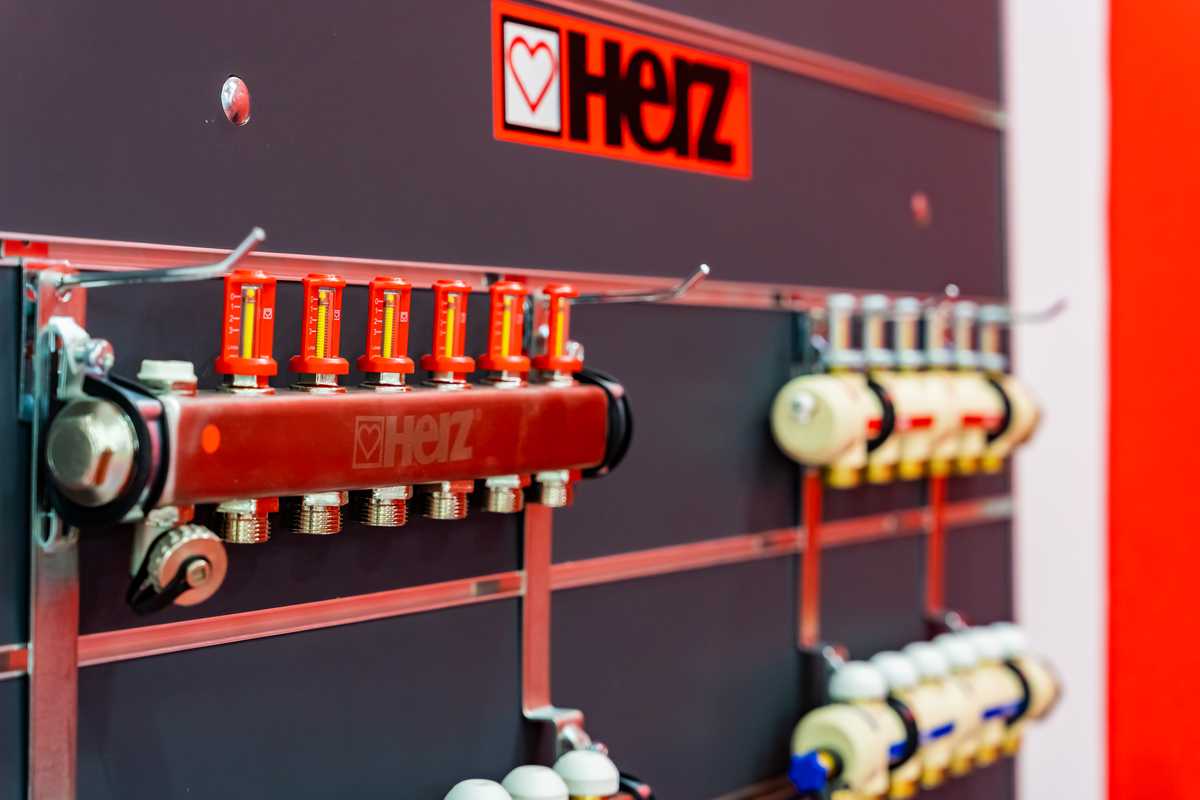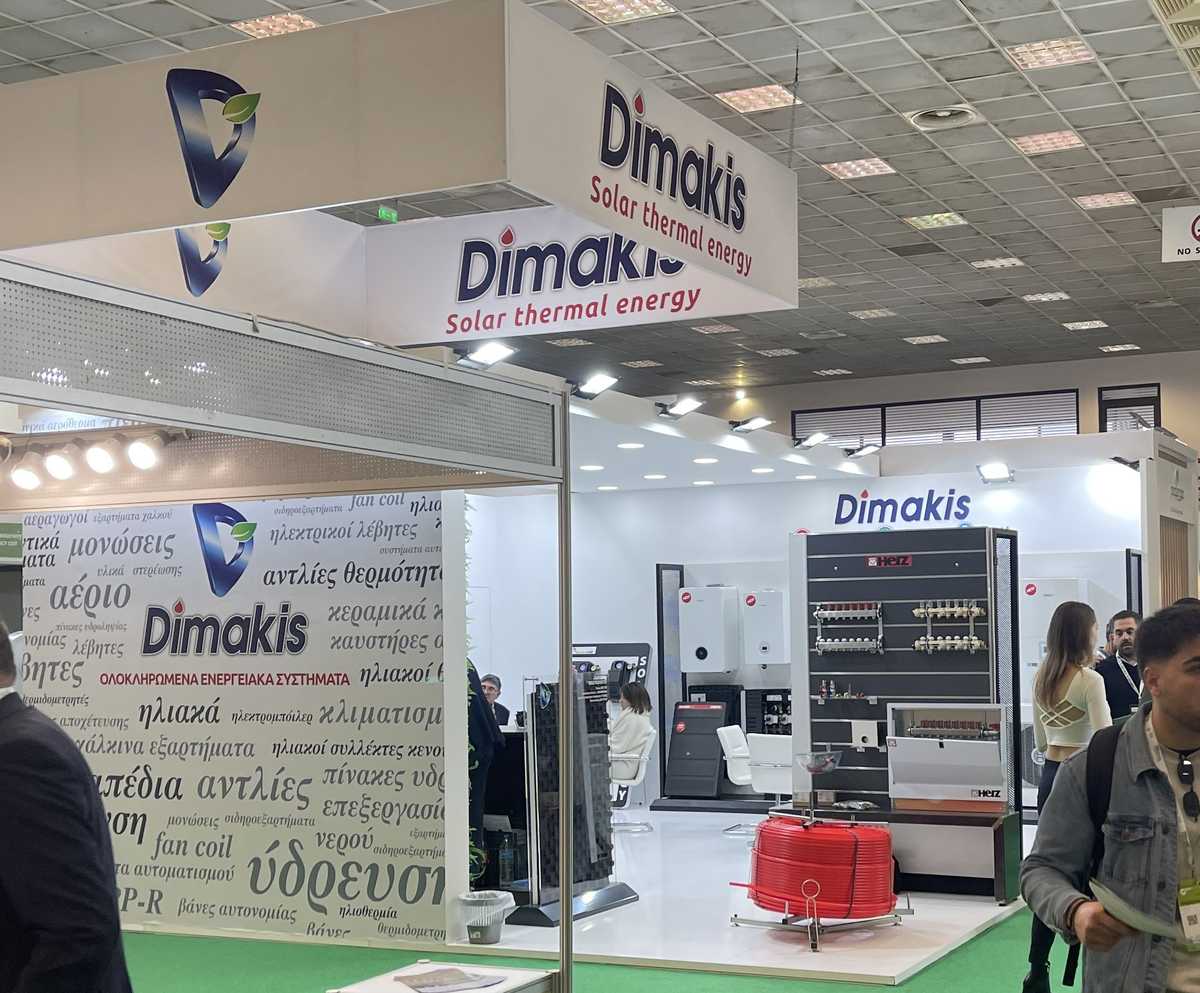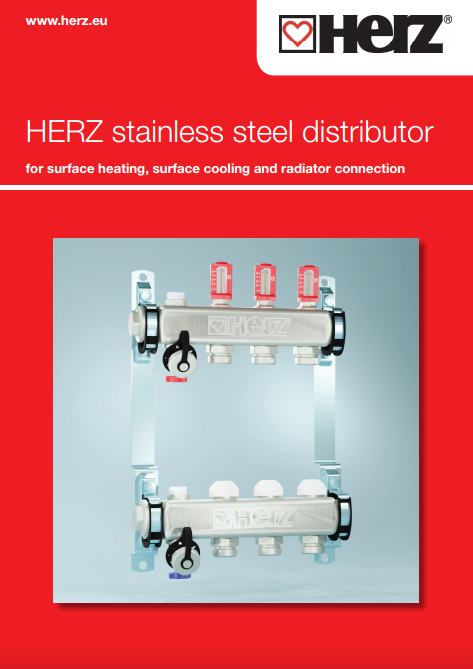Greece
The cradle of European culture
The foundations of our modern-day democracy and mathematics, as well as philosophy, natural science and our historiography, originated in Ancient Greece. The terms and concepts of ancient Greek civilisation were adopted, adapted and passed on to European culture - especially in the fields of science and language. This is why many modern names today have Greek roots. With 3,054 islands, 100 of which are inhabited, Greece is now one of the world's most popular holiday destinations for many holidaymakers. In 2023, the country reported a national record with 32.7 million tourists. HERZ is represented on the Greek market by HERZ partner Dimakis SA and is endeavouring to further expand its strong market position in the area of surface heating and cooling in Greece. For as Socrates once said: He, who believes he is something, has ceased to be something.
Growth market for heating and cooling systems
Greece is not only a country with a rich history and breathtaking landscapes, but also an up-and-coming market for heating and cooling systems. As a company, HERZ is experiencing exciting market development in this country with its partner Dimakis SA. The family-owned company Dimakis SA is based in the Greek harbour city of Thessaloniki on the Thermaic Gulf of the Aegean Sea. The company is the market leader as a wholesaler for heating and cooling systems in Greece and has an extensive distribution network that covers the whole of Greece. ‘The first orders and feedback have confirmed our positive expectations,’ says Anatolii Karenin, HERZ Business Development Director, adding: ‘The market is ready and receptive to our products. We are seeing increased demand, particularly in the area of surface heating. We are convinced that we will continue to be successful with our partner Dimakis SA."
Greece focusses on more comfort
While cooling system products have traditionally been in high demand in Greece, surface heating has also seen an increase in demand in recent years. One of the reasons for this is the population's increasing need for comfort. "Due to rising gas prices, we have seen a switch to heat pumps in Greece in recent years. These are not only good for the environment, but also ideal heat generators for underfloor heating systems,’ says Karenin. HERZ is represented in Greece with products for underfloor heating and cooling, including pipes, manifolds, fittings and electronic components for these systems. "It is a promising market with great potential. Our partner Dimakis SA has excellent knowledge and expertise. We are very much looking forward to a successful partnership,’ says Anatolii Karenin. HERZ partner Dimakis has also strongly felt the demand for radiant heating and cooling systems at the two trade fairs in Greece in spring 2024.
Climatherm Energy 2024 - Athens Energy Tech 2024 - Thessaloniki
HERZ surface heating systems were exhibited by our partner Dimakis SA at two important trade fairs in Greece in the HVAC sector in spring. In February, the Climatherm Energy trade fair took place in the capital Athens. It has been the only energy-specific international trade fair in Greece for over 30 years. The following month, the Energy Tech trade fair was held in Thessaloniki. By participating in these events, HERZ is emphasising its determination to serve the Greek market with high-quality heating and cooling solutions and to further strengthen its cooperation with its partner Dimakis SA.
The rebirth of the Olympic Games after 1,500 years
The Olympic Games originated on the Greek peninsula of Peloponnese in the town of Olympia. According to historical records, the first Olympic Games took place as early as 776 BC. Historically, the games were organised to unite the Hellenic world, which consisted of numerous city-states that were constantly at war. However, as much of Greek history is linked to mythology, there is a theory that the demigod Heracles founded the games in honour of his father Zeus, the supreme god of Greek mythology.
Only Athenians of Greek descent born in wedlock were allowed to take part in the first Olympic Games. Over time, the conditions for participation were relaxed. As it was believed that the gods would choose the winner, he was regarded as a dignitary of his native city and celebrated as a hero. Special rights such as a tax-free life and food at state expense for the rest of their lives were added. As the Olympic Games upheld the belief in the Greek gods, they were banned in 393 by the Roman Emperor Theodosius I. He had already made Christianity the state religion in 380, which meant that there was no longer any place for ancient gods in the Eastern Roman Empire.
In 1776, the English archaeologist Richard Chandler discovered the ancient venue and excavations began in the 19th century. Impressed by this, Pierre de Coubertin realised that sport could bring together young people from all over the world. In 1894, he founded the International Olympic Committee and has since been recognised as the father of the modern Olympic Games. The logo of the Olympic Games was also designed by him and symbolises the five continents in the colours of all the national flags. The first modern Olympic Games took place in Athens in April 1896 and have since been held in a different country every four years. The term Olympics refers to this four-year period between the games and not the games themselves.






